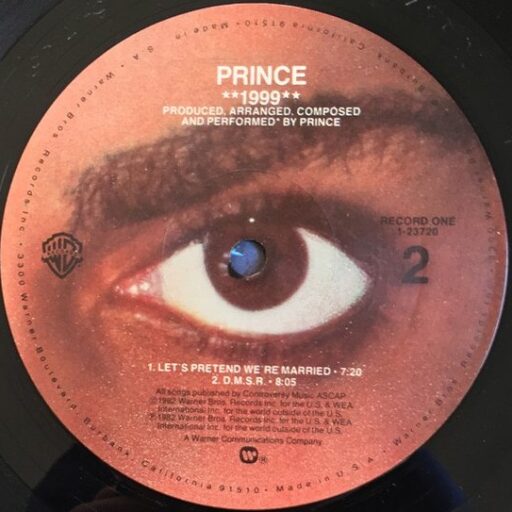Tag: leni sinclair
-
If It’ll Make U Happy
What “If It’ll Make U Happy” lacks in polish, it makes up for in potential: with a little more gloss, its sunny harmonies and glistening arrangement could have been a hit for someone.
-
Do It All Night
Prince had been structuring his shows as a kind of mass seduction since his first “official” live dates in 1979. Now, he had a custom-built vessel for these audience flirtations.
